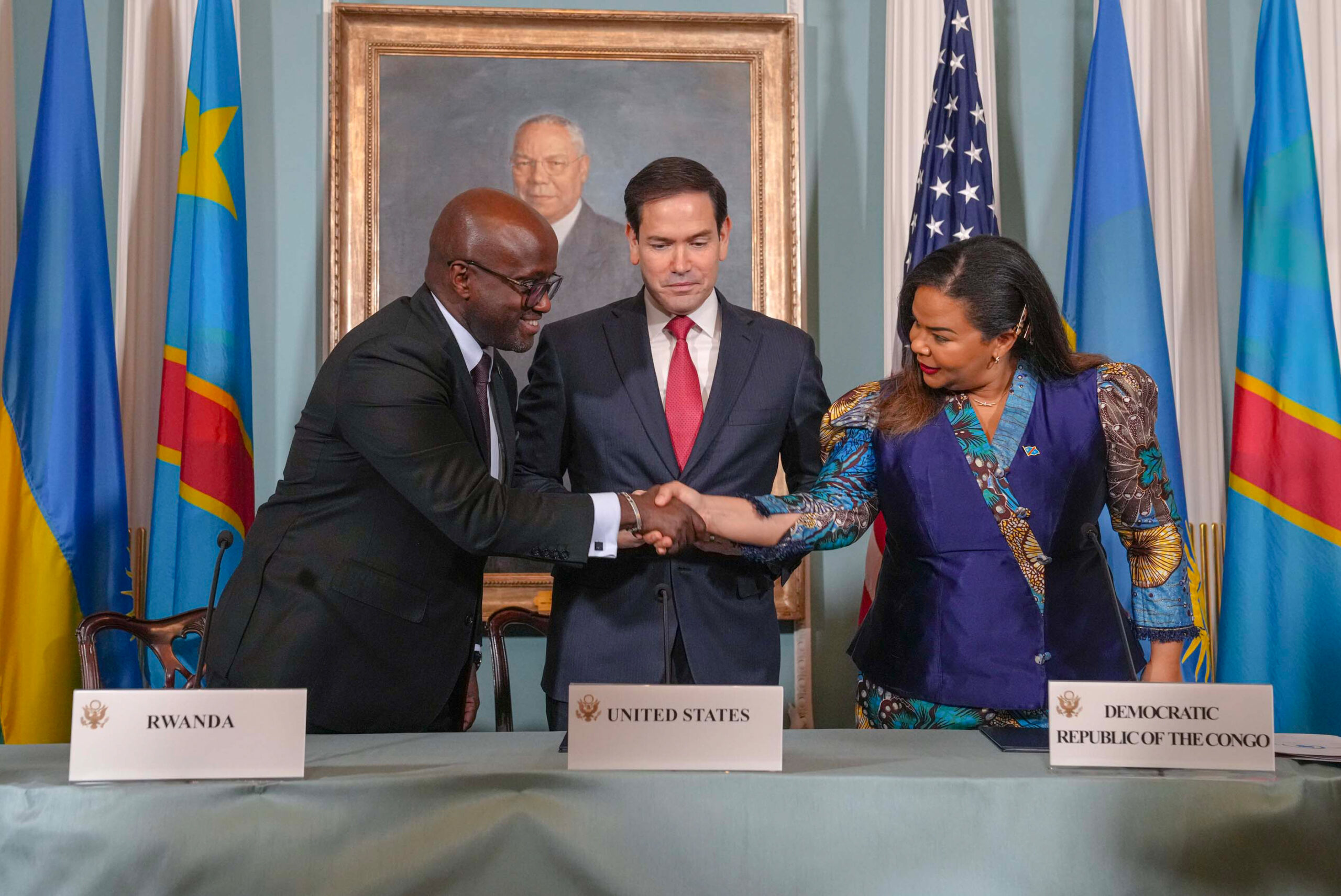
Democratic Republic of Congo and Rwanda have delayed signing a long-anticipated economic framework, officials said Friday. The setback challenges President Trump’s efforts to implement a peace deal and attract billions in Western investment to the region.
Rwanda-backed M23 rebels captured two key Congolese cities earlier this year, threatening Kinshasa’s government like never before in decades. Trump’s push aims to stabilise the region, rich in tantalum, gold, cobalt, copper, lithium, and other valuable minerals.
Despite claims the war is over, Congo’s army and M23 continue reinforcing positions while blaming each other for broken agreements. Negotiators had expected to initial the Regional Economic Integration Framework (REIF) after final talks in Washington this week.
A Rwandan official said Congo refused to sign, despite the agreement’s text being finalised by both parties. Sources told Reuters that Kinshasa demands 90% of Rwandan troops withdraw from eastern Congo before agreeing to the economic pact.
“They’re going to have to get Trump on the phone,” one source said, highlighting the U.S.’s mediation role. Washington continues efforts to revive negotiations, but no initialing was expected Friday, the Rwandan official said.
“The peace process must succeed, and we hope the economic agreement will eventually be signed,” the official added. Diplomats noted Congo had openly conditioned its signature on Rwanda withdrawing troops, making the delay unsurprising.
In June, Congolese and Rwandan foreign ministers signed a peace deal in Washington, including a 2024 troop withdrawal pledge. Congolese operations against the FDLR, a militia tied to Rwanda’s 1994 genocide, are scheduled to conclude alongside the withdrawal. The delayed signature underscores enduring tensions and the fragility of U.S.-mediated efforts to stabilise Central Africa’s volatile east.
